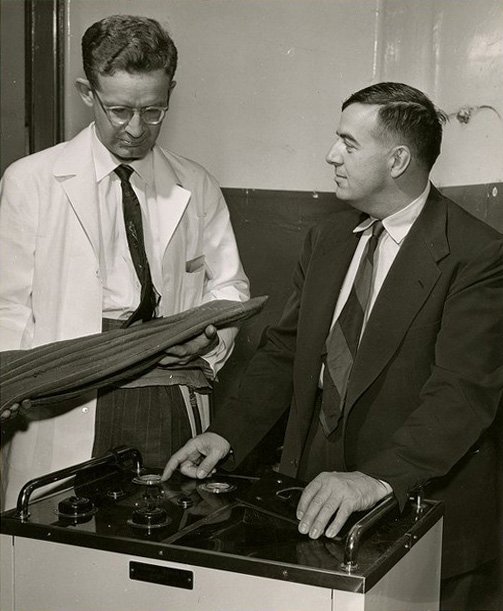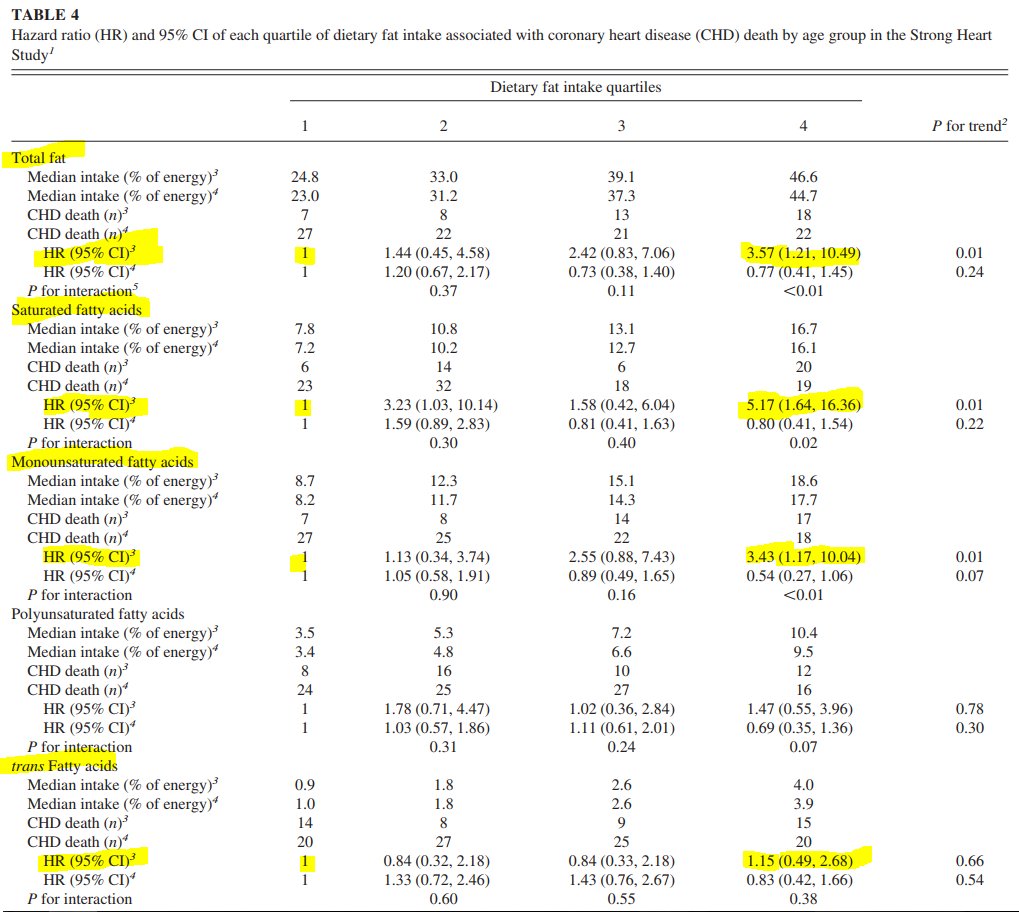1) Association was found with CVD, but not CHD - a major part of CVD.
zoeharcombe.com/2019/03/eggs-c…
2) The study was a meta-analysis of six US studies, dominated by one; any findings are not generalisable to non-US populations.
zoeharcombe.com/2019/03/eggs-c…
3) Association does not mean causation - 17% is too small to get off the ground for Bradford Hill criteria.
zoeharcombe.com/2019/03/eggs-c…
4) 17% is relative risk. It would equate to an absolute risk difference of 17 vs. 15 events (i.e. 2 events) per 1,000 person years to use the event rate from the dominant study.
zoeharcombe.com/2019/03/eggs-c…
5) This was not a study of pure egg consumption. It was a study of “Ingredients in mixed dishes”, which – for eggs – means a long list of junk food from cakes to ice cream.
zoeharcombe.com/2019/03/eggs-c…
6) Not all significantly different characteristics were adjusted for. Notably the study did not adjust for sig. diff. CVD risk factors, as it assumed they could have been caused by eggs/cholesterol! Lol!
zoeharcombe.com/2019/03/eggs-c…
7) The energy intake reported in the lowest dietary cholesterol group was one third of that in the highest. Maybe people weren’t eating more eggs or dietary cholesterol – they were just more honest about, or better at recalling, their food intake!
8) Claims about harm from each additional half egg each day were made a mockery of when sub-group analysis revealed that this only applied to specific, but random, groups of participants e.g. women, but not men; slim, but not overweight people.
9) The conflicts were the who’s who of statin manufacturers . The paper appears to have as its core purpose resurrection of the diet-cholesterol-heart myth – the dietary cholesterol part of which was rejected (by Keys) at least 65 years ago.









